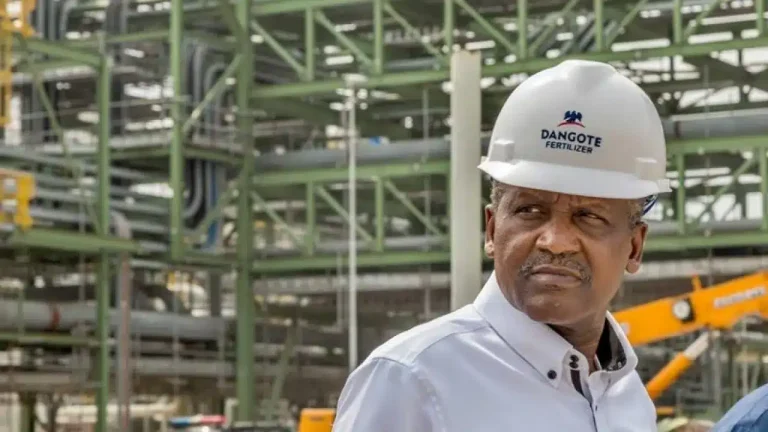
Experts have warned that Nigeria risks worsening climate impacts, resource depletion, and public health crises if it fails to leverage artificial intelligence (AI) for environmental management.
The warning came during the eighth Samuel Olatunde Fadahunsi Memorial Lecture, themed “Artificial Intelligence, Stakeholders’ Roles and Sustainable Environment: The Opportunities Ahead”, organised by the Nigerian Institution of Environmental Engineers (NIEE), a division of the Nigerian Society of Engineers (NSE), in Lagos. The event brought together engineers, academics, policymakers, industry players, and students.
Delivering the keynote, Prof. James Akanmu of the University of Lagos stressed that the scale of environmental degradation demands AI-driven, data-based solutions beyond traditional methods. He urged governments, private sectors, academia, NGOs, and communities to adopt circular-economy practices, including reuse, recycling, and repurposing, while translating Nigeria’s commitments under the UN Sustainable Development Goals into enforceable laws and measurable results.
NIEE National Chairman, Nureni Ogunyemi, described the lecture as “a platform for knowledge exchange and collective action” and inaugurated the institution’s new Secretariat and Technology Resource Centre to foster innovation and collaboration.
Representing the NSE President, former NSE leader, Ademola Olorunfemi, called on engineers to champion the adoption of AI, drones, and modern monitoring tools for environmental protection, climate adaptation, and sustainable urban planning.
Similarly, at the Phillips Consulting Talent Management Series in Lagos, experts stressed the need for organisations to embrace AI to bridge talent gaps and prepare for the future of work.
Speakers, including MuchSkills CEO, Daniel Nilsson, highlighted the rise of skill-based hiring, while PCL COO Olawanle Moronkeji and Phillips Outsourcing’s Felicia Ebhohimen urged leaders to manage AI-driven disruptions responsibly to remain competitive and people-focused.
Across both events, experts agreed that responsible AI adoption, cross-sector collaboration, and stronger policy frameworks are crucial for safeguarding Nigeria’s environment and workforce.



